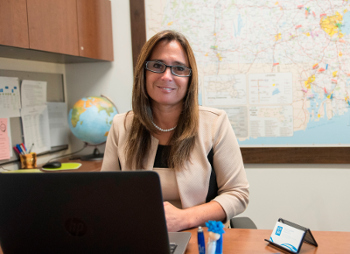Do you have a question about JRI services?

Most folks have heard the phrase “it takes a village to raise a child” at least once in their life. This simple phrase emphasizes the collective responsibility and involvement of a community in a child’s upbringing. For foster parents who frequently face the tough reality of burnout, the significance of one’s village is extremely important. Nearly half of all nationally licensed foster homes will quit within their first year of fostering. However, in order to reduce the risks of burnout and manage the reality of fostering, it is important for potential and current foster parents to create their village.
Who can be part of your village?
Anyone who plays an active role in your life that you would feel comfortable bringing around a child or youth in your care can be part of your village. This may include a sibling, close friends, your next-door neighbor, colleagues, members of your place of worship, etc.
What if my support person wants to babysit?
If your support person offers to babysit, have them fill out a CORI form and engage in a short interview with a JRI Homefinder. A support person can also provide transportation once a driver’s check is completed. Keep in mind a driver’s check is not required if they will not be transporting a child. Make sure to utilize your babysitter not only for practical things such as a medical appointment or grocery shopping, but to give you time to replenish your energy. Speak to your village members about scheduled weekly “you time” if possible. Consider what will feel the most restorative to you, for example use this time to attend the gym, window shop, go for a drive, or planning date night with your spouse. Remember, a rested foster parent is a good foster parent.
Other forms of support:
Babysitting and providing transport is not the only way to receive supports from others in your village. With foster parenting, a period of adjustment and learning curves are to be expected. Every placement is different and will come with its own unique set of challenges. As a result, if someone offers to cook or send you dinner, simply remind them of any allergies or dietary restrictions in your household and say “Thank you so much!” If they offer a gift card to help buy new clothing for a child, invite your child to join their family at the zoo, or can share carpool duties in the morning, say “Thank you so much!” Give yourself permission to say yes as often as possible to help and support.
Sometimes we feel as if we must do it all on our own, but remember that we are modeling for children that everyone needs help and support. So say yes and reduce your stress.
How can JRI make up part of your village?
Our JRI staff is also available to provide you support. As a foster parent, you will be assigned a Family Resource Worker who will go out to your home on a monthly basis. Your Family Resource Worker is there to meet with only you as the parent. This gives you the opportunity to express your feelings of burnout or other stressors you can identify. Be open, as your Family Resource Worker is not there to judge, but to help.
Remember we are not superheroes and as humans are not meant to do life alone, especially in the foster care world. If you are thinking about becoming a foster parent, make a checklist of those you feel would be a great addition to your village, as well as those who will not.
If you liked this blog and would like to learn more about how to prevent burnout as a foster parent, please read our previously published blog, Foster Care: Avoiding Foster Parent Burnout.
Complete our Foster Care Application when you are ready to start your fostering journey.



